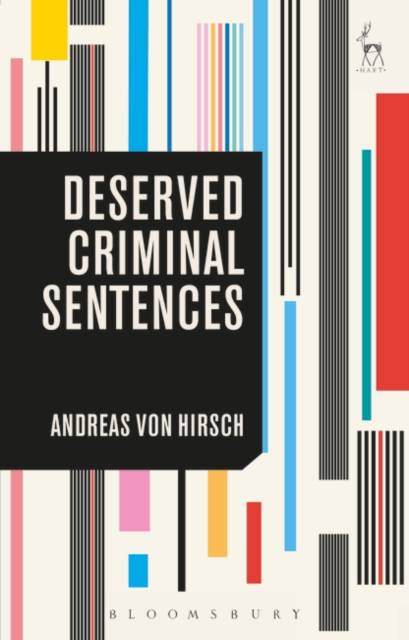
- Afhalen na 1 uur in een winkel met voorraad
- Gratis thuislevering in België vanaf € 30
- Ruim aanbod met 7 miljoen producten
- Afhalen na 1 uur in een winkel met voorraad
- Gratis thuislevering in België vanaf € 30
- Ruim aanbod met 7 miljoen producten
Zoeken
Omschrijving
This book provides an accessible and systematic restatement of the desert model for criminal sentencing by one of its leading academic exponents. The desert model emphasises the degree of seriousness of the offender's crime in deciding the severity of his punishment, and has become increasingly influential in recent penal practice and scholarly debate. It explains why sentences should be based principally on crime-seriousness, and addresses, among other topics, how a desert-based penalty scheme can be constructed; how to gauge punishments' seriousness and penalties' severity; what weight should be given to an offender's previous convictions; how non-custodial sentences should be scaled; and what leeway there might be for taking other factors into account, such as an offender's need for treatment. The volume will be of interest to all those working in penal theory and practice, criminal sentencing and the criminal law more generally.
Specificaties
Betrokkenen
- Auteur(s):
- Uitgeverij:
Inhoud
- Aantal bladzijden:
- 192
- Taal:
- Engels
Eigenschappen
- Productcode (EAN):
- 9781509930050
- Verschijningsdatum:
- 27/06/2019
- Uitvoering:
- Paperback
- Formaat:
- Trade paperback (VS)
- Afmetingen:
- 140 mm x 216 mm
- Gewicht:
- 213 g

Alleen bij Standaard Boekhandel
+ 138 punten op je klantenkaart van Standaard Boekhandel
Beoordelingen
We publiceren alleen reviews die voldoen aan de voorwaarden voor reviews. Bekijk onze voorwaarden voor reviews.








